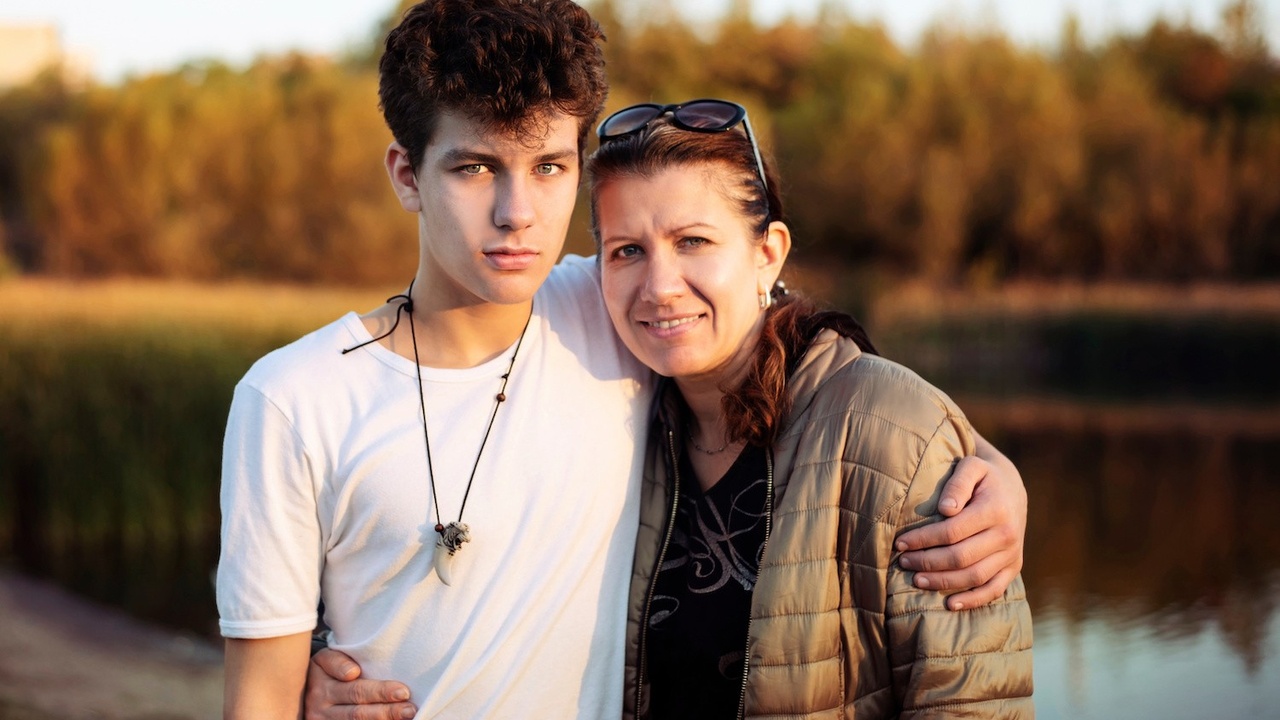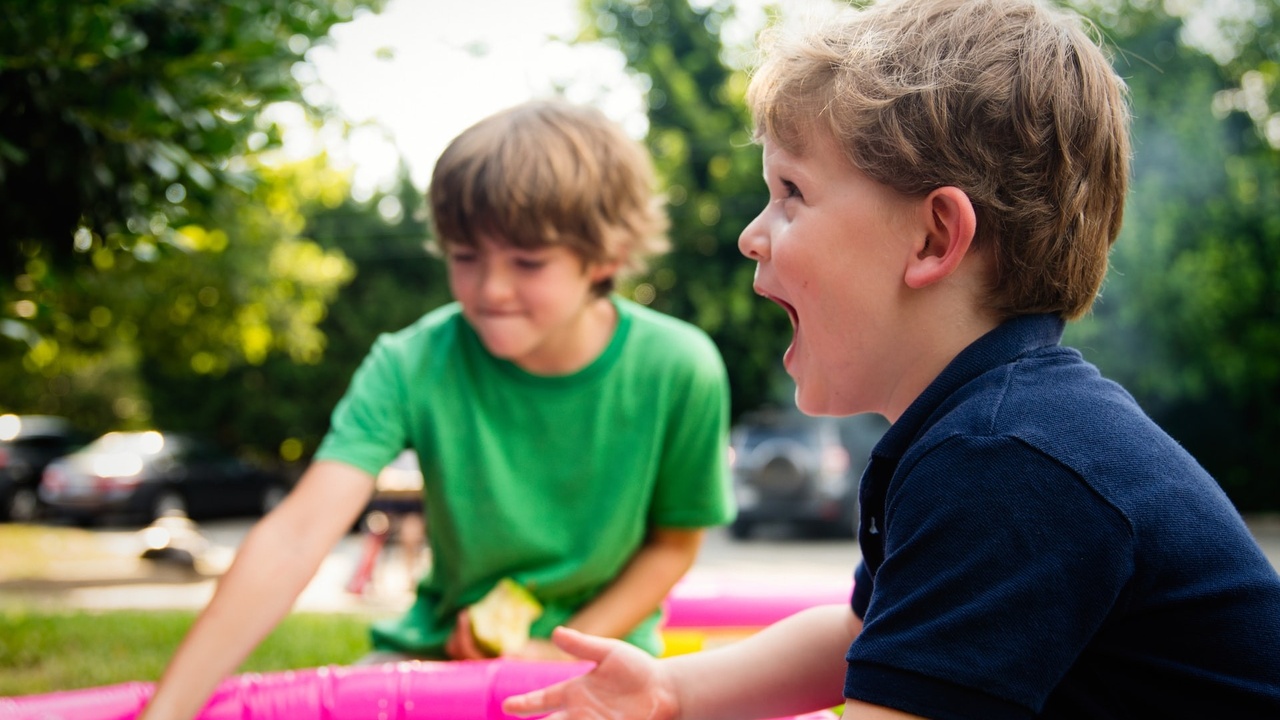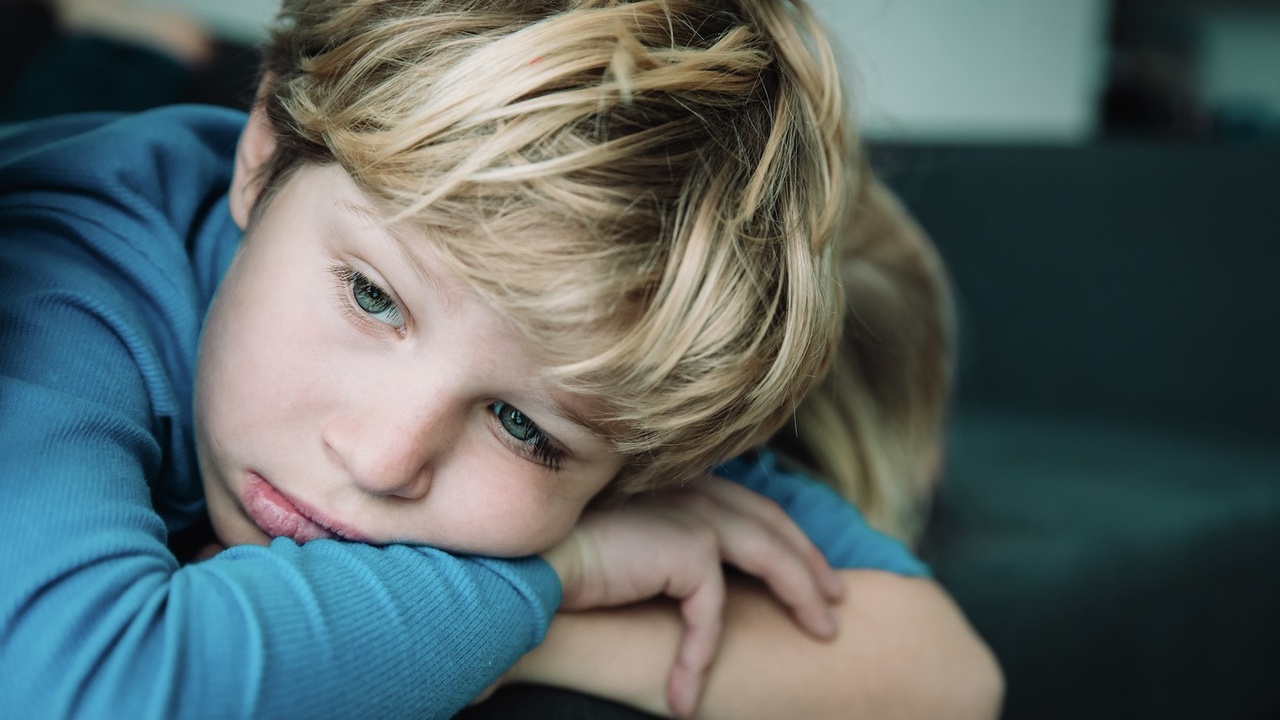She’s Just So Grumpy All The Time!

I remember when I received a call from a young mother, who was desperately reaching out for support. She said, ”I don't think it was an accident that you have come into my life. I really need help with my daughter, she's got so much anxiety building inside her. Maybe it's not anxiety, but she's just so grumpy all the time!"
I gently asked, "Hearing your inner sense of desperation, I'm wondering if you would be willing to receive some empathy guesses from me?"
"Yes," she responded, "I'm so desperate I will try anything! It's so hard to parent her!"
"Oh, feeling so desperate," noticing my tummy contract, I paused for a moment, "I'm wondering if it might be supportive just to drop into your body for a moment and notice any sensations, any sense of where in your body this feeling of desperation reside?"
After a moment of silence, she answered, "In my stomach."
"Does it feel tight or hard?...
I Felt Shock Run Through Me

When we have close relationships with other people, there are going to be inevitable ruptures that will happen. Some of those ruptures may not make sense in the moment, yet they can leave you staggered.
I’ll never forget one day talking on the phone with a very dear, close friend. I heard them say, ”I don't know if I can call you back, I'm so overwhelmed I just don't think I can."
When I took in this expression from my trusted friend, I felt a sense of shock run through me, as if cold icy water had splashed in my face. My stomach contracted, and my heart burned, desperately crying out in confusion for companionship, mattering and understanding. Then I felt my whole sense of self slowly become numb, and cellular exhaustion descended upon my heart and soul. The rest of the day was a blur as I experienced everything and everyone as an irritation and annoyance.
I didn't bother to arise early the next morning, but hid underneath the warm thick covers, waiting with...
When You Are Tired And Need Rest

I’ve been experiencing some post-Covid low energy and needing deeper, undisturbed rest for rejuvenation. This morning I paid attention to where my thoughts went when I first awoke.
What is the first thing you think of when you wake in the morning? Are you looking forward to the new day or do you want to roll over and go back to sleep? Personally, when I paid attention to my thought life I recognized I was getting into the habit of a "roll over and go back to sleep and hide from the day" kinda thing. Rather than making myself wrong, I got curious and invited myself into a deeper process with my inner Essential Self.
"Are you really tired and needing deeper rest?" My Essential Self guessed.
I felt my body soften, gently uncurling, with my eyes still closed in a semi-slumber. Slowly awakening me, my Essential Self asked with care, "Maybe you are needing some shared reality and acknowledgement for the complexity of all that you hold and do in a given day."
I spontaneously...
When Kids Like Something “A Bit Too Much”

There are times that parents can become dulled to the emotional expression of their children. Especially when it seems as if they never get a break, or there is no one to talk with about what it’s like for them as the parent.
I remember several years ago walking down a store aisle to stand in line at the pharmacy. I felt my ears prick when I heard a young child cry out loudly. I looked around, to see whether I could be of assistance, when I stepped into the center aisle I saw a little girl of about 2-3 years of age crying. A man, I imagine it was her father, took ahold of her arm, leaned over her small form, and demanded in a very firm voice, "Be quiet! Stop it right now!"
The little girl shrank back yet naturally continued to cry loudly as her mother turned away from her and began to push the grocery cart, which held an even younger girl, down the aisle. The father pulled on the child's arm, nearly jerking her off her feet, as he spanked her with his other hand,...
Feeling The Weight Of The World

How do people change, and how does one move through the ripples that flow from change itself? Do you welcome change with curiosity and openness in your body, or is it something you'd prefer to avoid all together and your body contracts at the very thought of change? Stepping into new schedules can be quite an adjustment for most, and for many others it can require an enormous step of faith, courage, and inner growth.
When my son, Rylan, was going to begin Junior High he was going to be participating in classes that would open up new opportunities for him; expand his learning, develop inner confidence, and create new friendships in community.
The last month of summer we deliberately focused on preparing for these changes by gradually shifting our schedules, so that everyone experienced as much ease and flow as possible. One of the ways we prepared was by joining a gym, meeting with a personal trainer, (for Physical Ed) and then going to the gym.
Waking Rylan up in...
All Too Soon They Are Grown and Gone

Have you ever experienced life as being so full and complex that there is hardly enough space within yourself to take a breath? Or maybe you experience so many differing things vying for your attention, you can barely even think, let alone be able to stay present and in choice, about what to attend to next? How do you live in congruence with your own personal values? Are you in full choice around what you are about in life?
I notice within my being a complexity of sensations, emotions, protective impulses, inner images, stories, and a fluctuating ability to truly stay present to my full experience in a given moment. I am noticing how my growing ability to track my own variety of experience, with self and while relating with others, enables me to feel more alive, vibrant, and in full choice around whatever I am about.
I remember one summer brought me the opportunity to transition into a different schedule with Rylan, the one who is my son. When I looked at my schedule, I...
When You Miss Having A Friend So Much

What’s it like for you when you feel disappointment? What have you noticed it’s like for your child? In my experience, disappointment can feel crushing to them. Especially when it’s around something they’ve been looking forward to for awhile.
I remember homeschooling my youngest son when we’d arranged a time for him to hang out with his friends. He didn’t get to do this as often as my older children had, because they had attended public schools. When the arrangements fell through he felt crushed.
He ran to his room and lay crying on his bed "But we planned it in advance! It's not fair!”
At the time I paused a moment to acknowledge my own visceral response, I noticed my heart was racing and my breathing was shallow. I placed my hand on my heart, and closed my eyes to focus inward, I focused on my breath and tracked my body sensations. My gut and shoulders had clenched tight, and the flavor of emotion was near panic and despair.
...
“Don’t Give Up On Me Mommy!”

Do you plan outings with your kids, ones that you both put time and energy into choosing what you'll be doing together and really look forward to? Has anything unexpected ever happened in the midst of one of those special times? If so, how did you react in the moment? Were you able to stay flexible and adaptable or does unpredictability simply knock you way off balance?
I enjoyed planning outings with my son, Rylan, fairly regularly when he was younger, often folding them into our homeschooling program. I remember one Monday we planned to go shopping for his winter coat after going to the doctor. This day was particularly exciting because we planned to go to the Valley Mall to do our shopping! Let me share the story with you.
Rylan took my hand in his as we crossed the parking lot to enter the mall, and as we went through the big doors he gave me a big grin saying, "I love you, Mom."
I gave his hand a squeeze and affirmed, "I love you too, son."...
Feeling Pressured and Lacking Time

Have you ever felt pressure within, telling yourself you need to get somewhere by a certain time, or that you are going to be late unless you hurry up? I remember several years ago when my family was preparing to leave for church and it was a more complex transition than usual because we had our three young grandchildren staying the weekend with us! The pressure sensation I felt in my neck and shoulders stemmed from having been asked to speak at my church that Sunday about Peacemaking and I really, really liked it when I had lots and lots of spaciousness arriving and setting up when making an offering.
As I walked out to help everyone get in our son's vehicle (it is large enough for all of us to fit in together) I saw my husband, Richard, doing his best to get the grandchildren all safely into their car-seats. I could hear one of our twin three-year-old grandsons, Andrew, crying out loudly to his Papa, though I couldn't quite make out what he was saying. As I drew close...
You Can’t Make Me Go!

Have you ever stopped to consider what you really want for your children? What kind of qualities you would like to see them develop as they grow and mature? When we attune to our children, we promote a healthy secure attachment within them. When we model how to tune in to the self, we also promote a foundation for resilience and flexibility.
I remember looking at the clock when I was getting ready to leave with Rylan for his lab appointment. I felt some alarm begin to ring in my chest as it tightened. Mindfully I slowed down the moment, I noticed I was telling myself we were going to be late. Taking in a deeper breath and breathing it out slowly, I smiled as I recognized and named for myself how much I value making and keeping agreements with others.
Feeling a sense of inner restoration, I called out to Rylan, "It's time to be going, did you brush your teeth and wash your face?"
"I'm not going!" Rylan said with a determined look as he stood with his...
